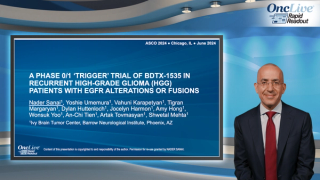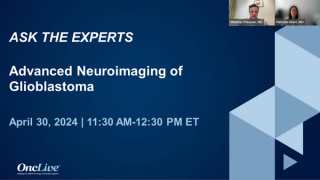
Brain Cancer
Latest News

FDA Grants Orphan Drug Designation to Exosome-Based Therapy for Glioblastoma Multiforme
Latest Videos

Shorts
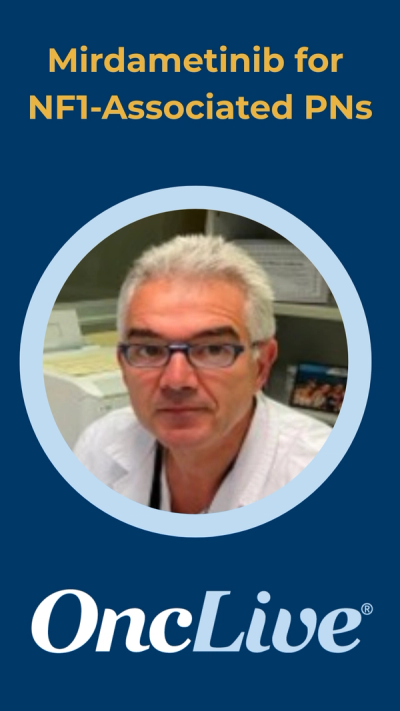
CME Content
More News

The regulatory agency has granted orphan drug designation to cintredekin besudotox for the treatment of patients with glioblastoma.

Here is your snapshot of all oncologic therapeutic options that were approved by the EMA in September 2025.

AMXT 1501 plus difluoromethylornithine has received orphan drug designation from the FDA in patients with neuroblastoma.
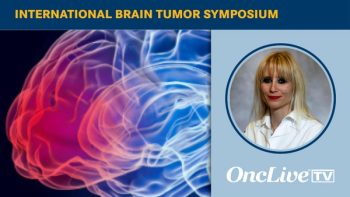
Morana Vojnic, MD, MBA, discusses vorasidenib in grade 2 IDH1/2-mutated glioma.
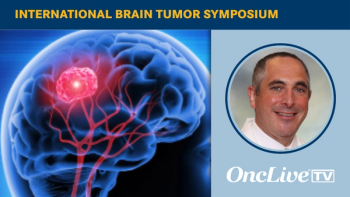
Jonathan H. Sherman, MD, FAANS, FCNS, FACS, discusses notable advances in the surgical management of patients with brain tumors.

CHMP has recommended the approval of selumetinib for symptomatic, inoperable plexiform neurofibromas (PNs) in adult neurofibromatosis type 1.

Vorasidenib has been approved by the European Commission for IDH1/2-mutated grade 2 glioma.

The FDA has approved TAR-200 in urothelial cancer and selumetinib in pediatric NF-1–associated inoperable plexiform neurofibromas, and more.

The FDA approved selumetinib granules and capsules for the treatment of pediatric patients at least 1 year of age with NF1 and plexiform neurofibromas.
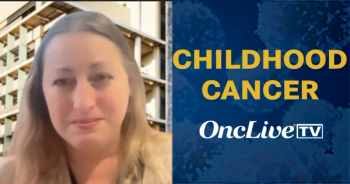
Michelle Monje, MD, PhD, discusses the early efficacy of a novel GD2-directed CAR T-cell therapy for the treatment of children with diffuse midline glioma.

Dordaviprone was included as a category 2A single agent in the NCCN guidelines for recurrent or progressive H3K27M-mutant diffuse high-grade glioma.

A new study suggests that if a tumor shows activity in the TERT gene, it tends to recur more quickly, even if it looks low-grade under the microscope.

FDA grants type A meeting to discuss RP1 BLA in melanoma, CBP/p300 bromodomain inhibitor gets fast track status in NSCLC, and more.

Michelle Monje, MD, PhD, highlights early efficacy data with a GD2-directed CAR T-cell therapy for H3K27M-mutant diffuse midline gliomas.

Here is your guide to all therapeutic options that were cleared by the FDA in August 2025 spanning tumor types.

The top 5 OncLive videos of the week cover insights in renal cell carcinoma, glioma, multiple myeloma, and ovarian cancer.
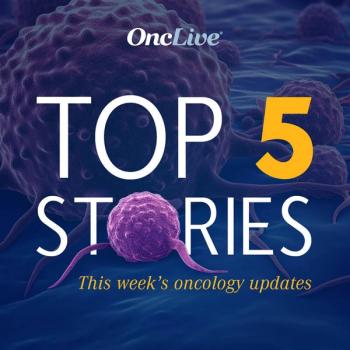
The FDA grants accelerated approval to zongertinib in lung cancer, clears dordaviprone in glioma, and awards priority review to liso-cel sBLA in MZL.

The FDA granted accelerated approval to dordaviprone for patients at least 1 year of age with progressive H3K27M-mutated diffuse midline glioma.

Ignacio Blanco, MD, PhD, discusses the significance of the European approval of mirdametinib for symptomatic, inoperable plexiform neurofibromas.

The CHMP has issued a positive opinion for the use of vorasidenib in IDH1/IDH2-mutant grade 2 glioma

Mirdametinib received conditional EU approval for treating NF1-associated plexiform neurofibromas in patients 2 years of age and older.

SH-110 received orphan drug designation from the FDA for the treatment of patients with glioma.

The FDA granted orphan drug designation to MB-101 for recurrent diffuse and anaplastic astrocytoma and glioblastoma.

Long-term survival signals with Temferon in 2 patients with newly diagnosed glioblastoma multiforme suggest potential mediation of disease progression.

The FDA grants approval to Dato-DXd in EGFR+ NSCLC, revumenib sNDA is under priority review for NPM1-mutant AML, and more from OncLive this week.












